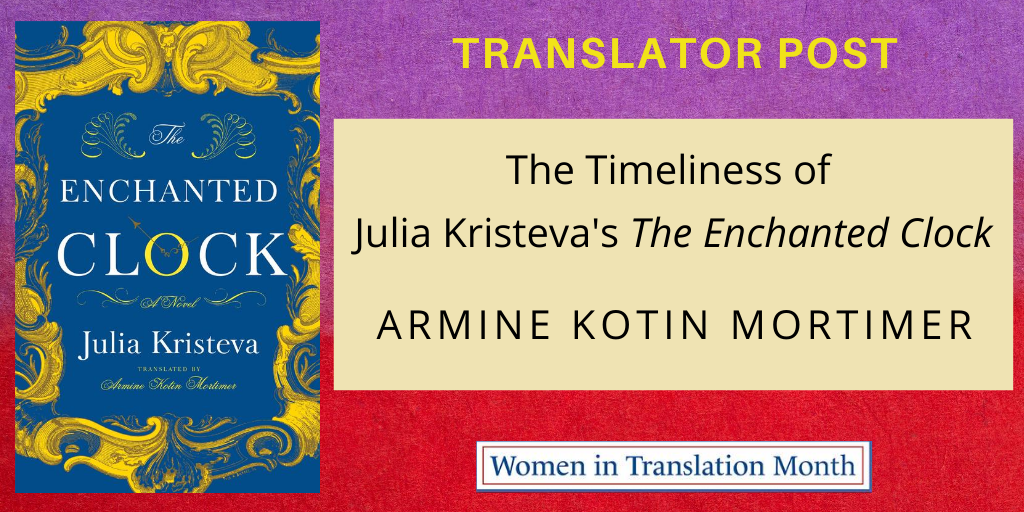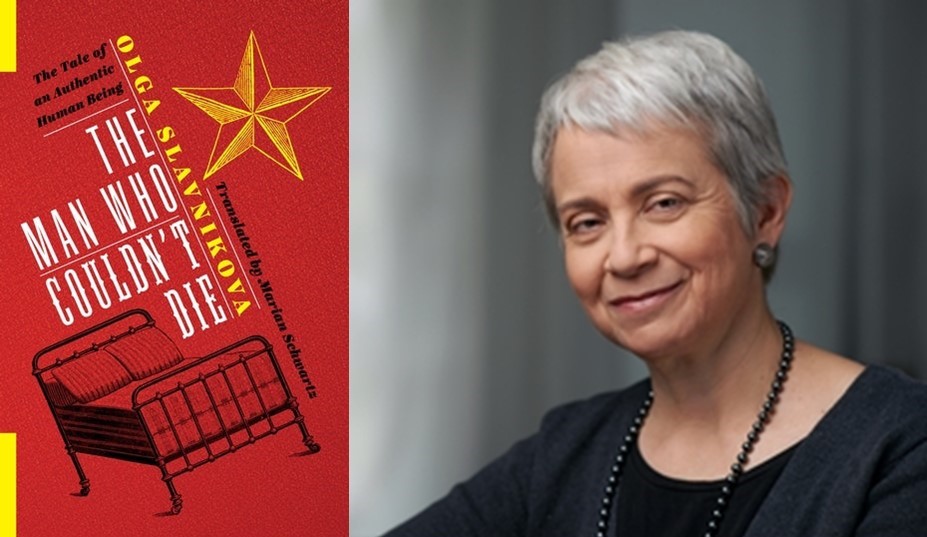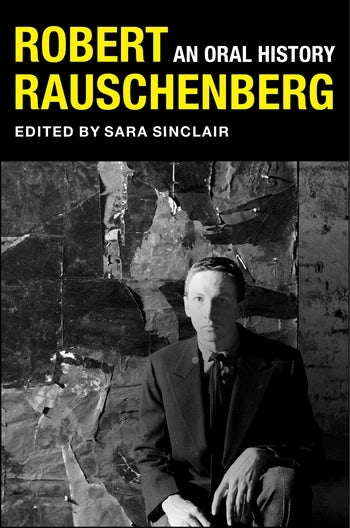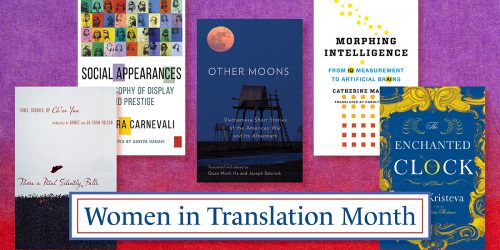The Timeliness of Julia Kristeva’s The Enchanted Clock
By Armine Kotin Mortimer

“Kristeva deftly weaves together multiple strands of a narrative that links a presently degraded state of France, Europe, and the world, in the grip of violence, fanaticism, rigid identity politics, anti-intellectualism, a general loss of quality of life, to the eve of revolution at the end of the eighteenth century.”
~Verena Conley, Harvard University
We continue our celebration of Women in Translation Month today with a look at Julia Kristeva’s The Enchanted Clock. Kristeva’s sixth novel, The Enchanted Clock is a love story, a murder mystery, an era-hopping historical fiction, and a multifaceted investigation into the nature of time. At its heart stands the golden astronomical clock created for Louis XV by the king’s engineer, Claude-Siméon Passemant. In this post, Armine Kotin Mortimer, the book’s translator, introduces us to this fantastic clock, discusses the dazzling inventiveness of Kristeva’s writing, and embraces the novel’s resistance to being “domesticated” into English.
• • • • • •
Translators consider “domesticating” a book they are turning into English so it will read as if it had never been written in the other language. Open The Enchanted Clock to its first page and you will see that nothing about Kristeva’s writing makes you think this book was originally written in English. There are English-language conventions for novels, touted in writing courses everywhere, that call for an opening sentence (or paragraph) to grab the reader right away. It’s called the “hook” and it’s supposed to pose the main character in a setting and plunge into the plot, outlining the conflicts to come. None of this can be found on the first page of The Enchanted Clock.
But by the ninth page you will read how Nivi Delisle, our heroine and narrator, is drowning in the Atlantic far off the French coast and how incredibly lucky she is when a man in a boat happens to see her. It’s a dramatic event and the beginning of the quirky love affair between Nivi, a psychoanalyst, and Theo Passemant, an astrophysicist. Nivi and her Astro, as she calls him, are on the microscopic and telescopic extremes of inquiry and investigation into the past: she delves into the unknowns stemming from the past times of her patients while he, as befits an astrophysicist, reaches for times as far back as they go: the Big Bang. They sometimes love each other at “astronomical” distances by email and text—he’s away at some giant telescope in Chile or elsewhere, she’s in Paris with her son Stan, a young man with a disability.
And yet love comes to shape a warm family. Kristeva told an interviewer: “Theo and Nivi appropriate the time of French history and the time-outside-time of galaxies, but what interests them, stemming from these new parameters of time, is to speak to each other in a new way: to connect really and truly between two irreducible and loving singularities.”
“It’s a dramatic event and the beginning of the quirky love affair between Nivi, a psychoanalyst, and Theo Passemant, an astrophysicist.”
And what about the enchanted clock? It is nothing short of fabulous. The astronomer and engineer Claude-Siméon Passemant (possibly Theo’s ancestor, but it’s a bit of a mystery) invented this astronomical clock for Louis XV in 1750. You can see it today in the Clock Cabinet at the Palace of Versailles. A magnificent seven-foot-tall gilded brass structure with several dials, it shows the phases of the moon and the movements of the planets and it is designed to tell the time up to the year 9999. Nivi calls it 9999, and Stan has a passion for it. One day it is stolen—possibly held hostage by antinuclear militants—but then it is found in the apartment of one of Nivi’s colleagues, a young gay man who lies at its foot, dead . . . And The Enchanted Clock, in addition to being a quasi-autobiographical love story with a historical and scientific bent, becomes a murder investigation, complete with a detective recurring from Kristeva’s other novels, the police chief Rilsky.
Time is so flexible in this novel that we are sometimes in eighteenth-century France and sometimes in the present, but it also happens that Nivi encounters Claude-Siméon Passemant the clockmaker in present-day Paris. Kristeva achieves her own “time regained” by overlaying our present time onto that tumultuous epoch that reinvigorated culture and prepared the Revolution, a period of the self’s emancipation. Nivi’s curiosity about both history and science illuminates the status of science in the Enlightenment and includes a fascinating portrait of a female scientist, the unusually creative and forward-looking Émilie du Châtelet, who believed in happiness.
As a psychoanalyst, Nivi Delisle is also editorialist at a magazine called PsychMag—kind of a Psychology Today in French—where she writes features and discusses human events with her co-worker and best friend, Marianne. With this plot thread, we find ourselves in the context of media politics and publishing as commodification and we also meet several other curious characters, one of whom will be the murder victim.
“For a translator, the alternative to domestication is to let a book’s foreignness show through.”
Ultimately, the many themes of this novel are woven into a challenging, enriching read. Ideas and events build their meanings together when the reader links them in the act of reading. Aware of this multiplicity while translating, and seeking to give it expression in English, I was constantly rewarded by the pleasure of discovering solutions: the best way to say things without losing the specialness of Kristeva’s language. For a translator, the alternative to domestication is to let a book’s foreignness show through. I hope my translation showcases Kristeva’s novel-writing in the richness of its intensely personal style, its brilliant flaunting of ordinariness, its amalgamation of genres, time periods, plot excursions, poetic excesses, multiple points of view, and loose ends.
The Enchanted Clock is Kristeva’s sixth novel, perhaps the most intimate. And why, we may ask, does this psychoanalyst, linguist, literary theorist, and committed creator of ideas write novels? Kristeva says she has found the freedom of the novel form an excellent way to continue what she wishes to do above all: interrogate our reality and seek out ways to help humanity.
In all, The Enchanted Clock is a heady intellectual reading adventure. I invite you to plunge in; I’m sure you will be rewarded. This norm-breaking story guarantees your time will be well spent.








